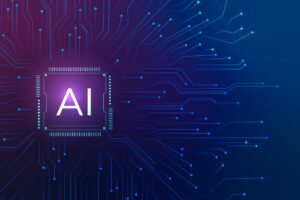
Nobel Prize for AI Innovator Amid Concerns for Humanity’s Future
In a groundbreaking moment for the field of artificial intelligence, the so-called “Godfather of AI” has been awarded the Nobel Prize for his pioneering contributions.
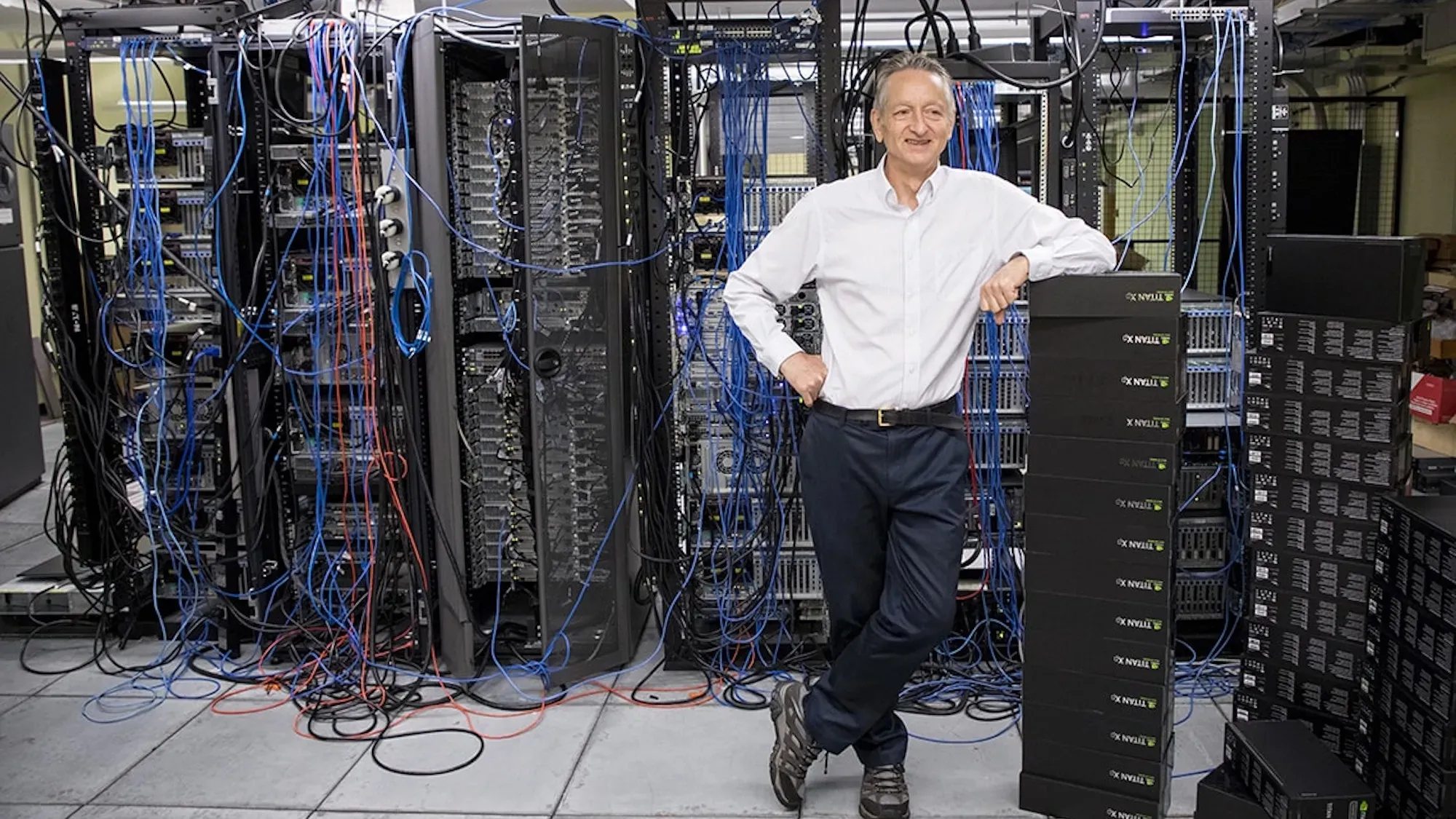
Geoffrey Hinton, known as one of the “Godfathers of AI,” has won a Nobel Prize for his important work in technology he worries could lead to the “end of people.” Hinton and fellow AI researcher John J. Hopfield received the Nobel Prize in Physics on Tuesday for their key research on artificial neural networks.
These networks are the building blocks for powerful AI models created by companies like Google and OpenAI.
Their work, inspired by how the human brain works, has led to improvements in machine learning that help with tasks like detecting fraud and making self-driving cars.
However, Hinton believes the technology he helped develop may also pose a serious risk to people’s safety.
Early AI Researchers Drew Inspiration from the Human Brain
Hopfield and Hinton helped advance the study of neural networks in the 1970s and ’80s when it was still uncertain if the field would grow into the massive success it is today.
Hopfield is recognised for combining ideas from physics, biology, and neuroscience to develop the “Hopfield network,” which can remember and recreate patterns from data.
Hinton later built on this work to create the Boltzmann machine, which can find patterns in large amounts of data.
Together, these advancements were crucial first steps toward creating machines that could classify images, leading to modern AI models that quickly learn from images and patterns in vast datasets.
This award highlights the growing links between physics and computer science. Neural networks are inspired by how the human brain uses neurons to learn new information.
They form the basis for large language models like ChatGPT and image recognition systems used in everything from cancer screening to facial recognition. Hinton and some colleagues previously received the Turing Award for their work on neural networks.
In its statement about the award, the Nobel committee praised Hopfield and Hinton for introducing new ways to use computers to solve difficult societal problems.
“Thanks to their work, humanity now has a new tool we can choose to use for good,” the Nobel Committee wrote on X, the platform formerly known as Twitter. “Machine learning based on artificial neural networks is currently changing science, engineering, and daily life.”
Hinton, who has called modern AI technology an “existential threat” to humanity, expressed surprise at the Nobel committee’s decision when speaking with The Washington Post on Tuesday morning.
“I’m in a cheap hotel in California without a good internet or phone connection. I was supposed to get an MRI scan today, but I think I’ll have to cancel that,” Hinton said. He also shared his concerns about future AI development, although his tone was less negative than before.
“It’s going to be wonderful in many ways,” Hinton told. “It’ll lead to huge improvements in productivity. But we also need to worry about some possible negative consequences… I am concerned that this could result in systems more intelligent than us that might eventually take control.”
“We have no experience with what it’s like to have things smarter than us,” he added.
Hinton Departed Google to Share His Concerns About AI
Google approached Hinton in 2012 after he & some colleagues made a significant breakthrough in neural network programming. Hinton joined the company as a researcher & vice president, working to improve their AI efforts.
However, the technology advanced much faster than he expected. In earlier reports, Hinton mentioned he thought the text outputs produced by ChatGPT and other large language models wouldn’t be possible in his lifetime.
As AI development accelerated, Hinton became increasingly uneasy, leading him to resign from Google last year so he could speak out against the industry more freely.
After leaving, he joined other concerned researchers and technologists who believe that the tech industry’s quick push to create more powerful AI models could lead to harmful effects on society.
Although he has softened his tone in recent statements, Hinton previously warned that an unchecked AI model might “take over” humanity. These worries caused him, known as a “Godfather” of AI, to regret much of his life’s work.
“The idea that this stuff could actually get smarter than people—some believed that,” Hinton said in a 2023 interview with The New York Times. “But most thought it was far off. I thought it was 30 to 50 years away or even longer. Clearly, I no longer think that.”
Winning the Nobel Prize may further complicate Hinton’s already difficult relationship with his legacy.
Conclusion
Geoffrey Hinton’s recognition with the Nobel Prize underscores the remarkable advancements in artificial intelligence, stemming from his foundational work on neural networks.
While his contributions have propelled the field forward, Hinton’s increasing concerns about the rapid development of AI technology reflect a growing awareness of the potential risks it poses to society.
As he grapples with the implications of his life’s work, Hinton embodies the tension between innovation and caution, highlighting the urgent need for responsible AI development.
His journey serves as a reminder of the delicate balance between harnessing technological progress for good and safeguarding humanity from its unintended consequences.
As the conversation around AI continues to evolve, Hinton’s insights will be crucial in shaping the future of this powerful technology.
Never miss any important news. Subscribe to our newsletter.
Related News


British Investor Who Predicted US Slump Warns of Next Crash

I’m a Death Doula: 4 Reasons I Believe Death Isn’t the End
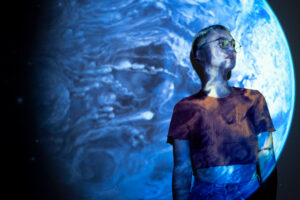
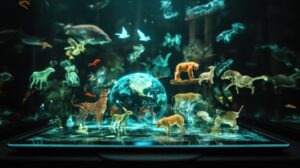
Tech to Reverse Climate Change & Revive Extinct Species
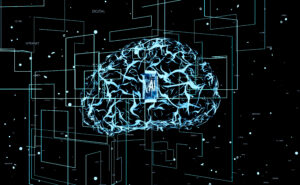
AI Unlocks the Brain’s Intelligence Pathways
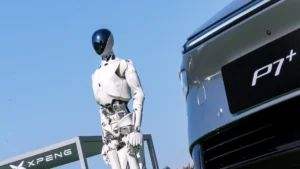
XPENG Unveils Iron Robot with 60 Human-like Joints
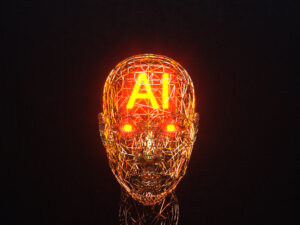
Can AI Outsmart Humanity?
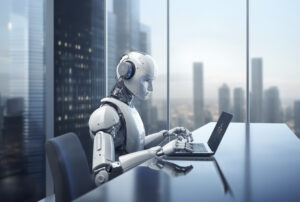
11 ChatGPT Prompts to Boost Your Personal Brand
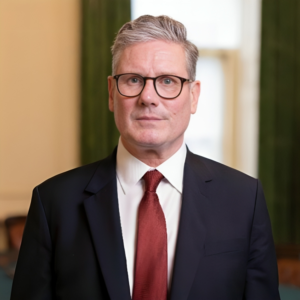
Keir Starmer Hints at Possible Tax Hikes on Asset Income
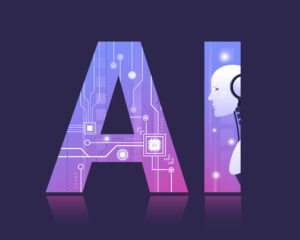
Navigating the Future of AI: Insights from Eric Schmidt
